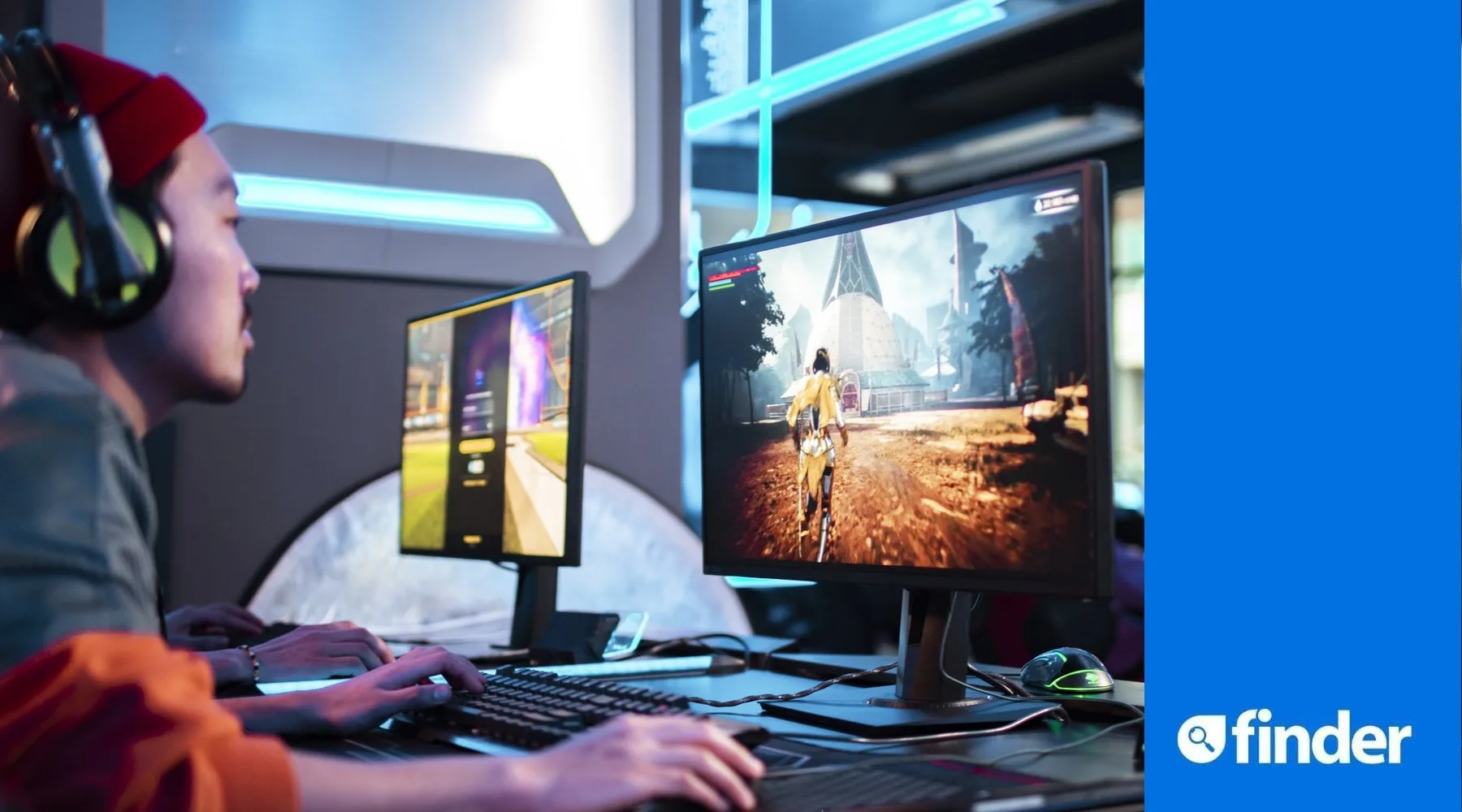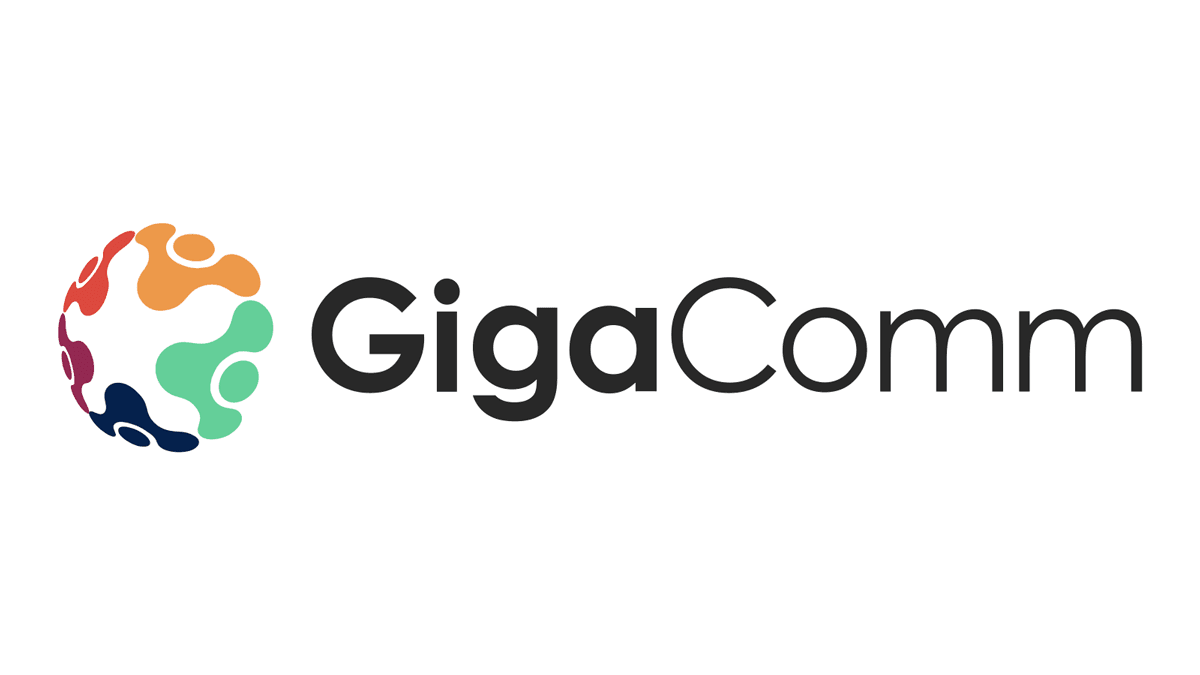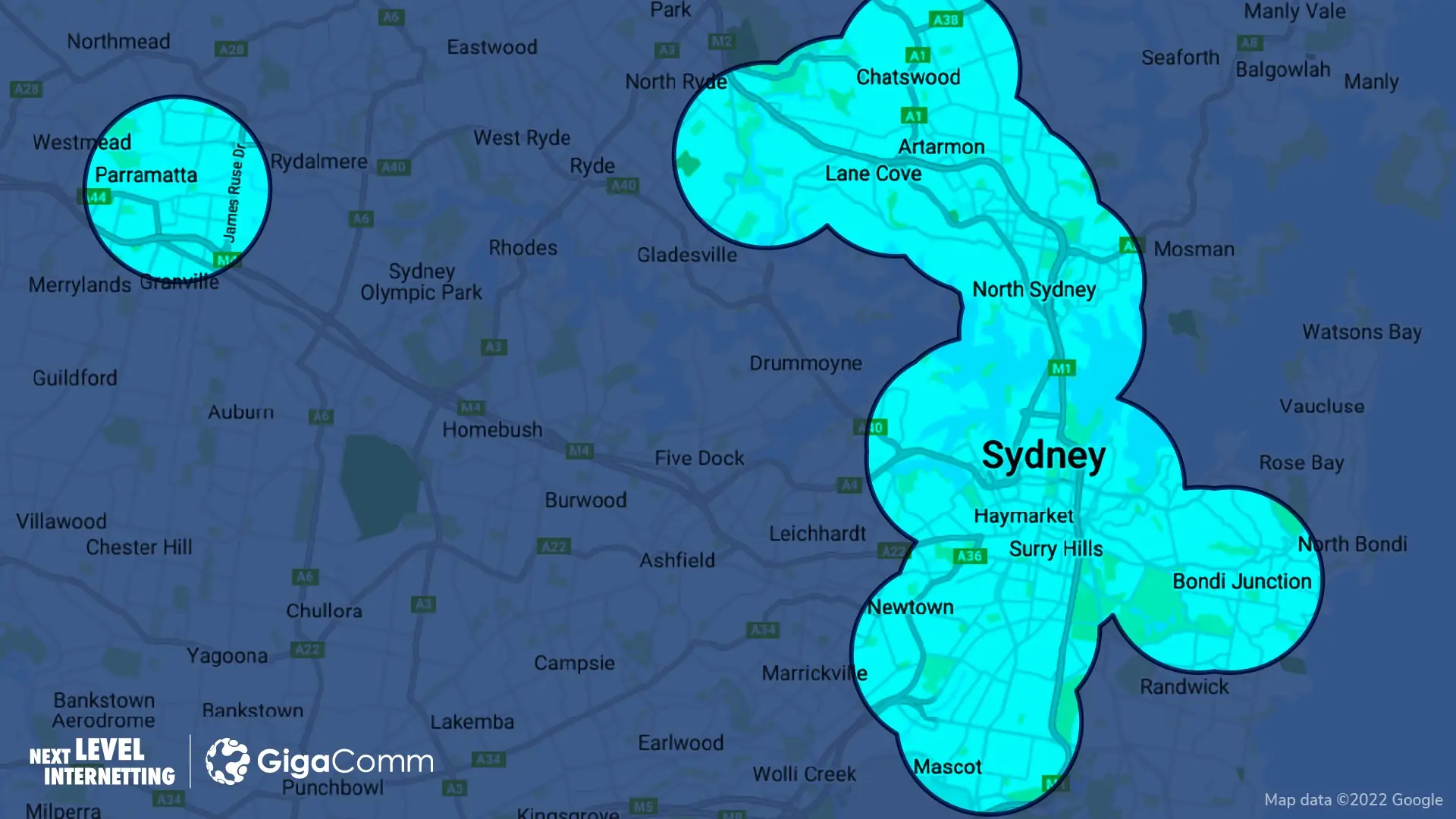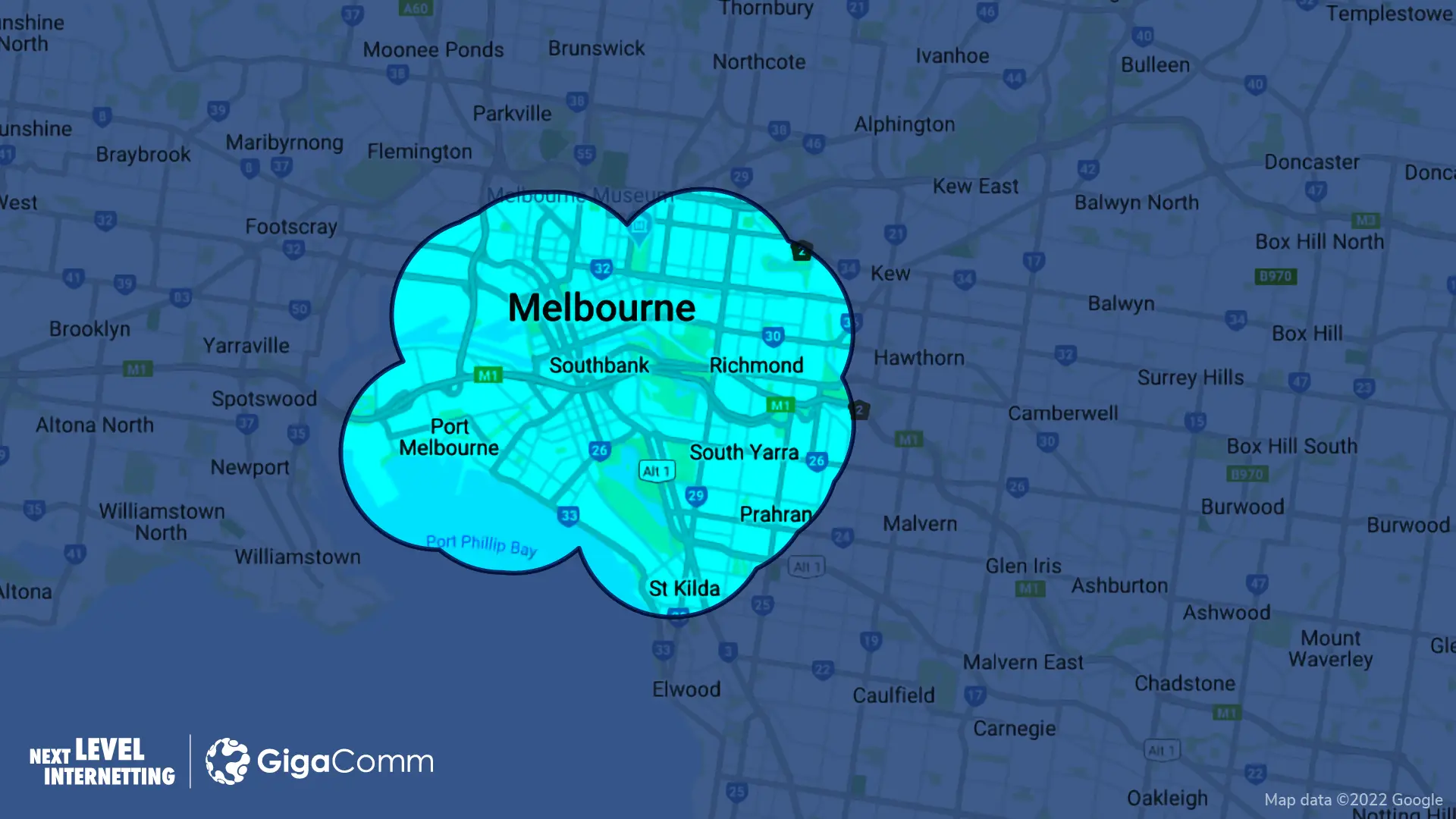Online gaming’s future in Australia – NBN alternatives, new tech and more

Online gaming is going gangbusters in Australia – but what will its future look like?
 Sponsored by GigaComm. Take your internet to new heights with download speeds up to 1000Mbps, upload speeds up to 100Mbps and less than 5ms ping.
Sponsored by GigaComm. Take your internet to new heights with download speeds up to 1000Mbps, upload speeds up to 100Mbps and less than 5ms ping.
Australia is a huge market for online gaming. Data from IGEA (Interactive Games and Entertainment Association) suggests that a whopping 91% of Australian households own some kind of gaming device.
But how will future innovation shape its landscape? We take a closer look at some key gaming developments.
1. NBN alternatives for playing online
There's no question that the NBN has represented a seismic leap forward for Australia's internet capabilities – at least, for those in areas with good connectivity speeds.
However, its arrival has been accompanied by download-hungry developments in gaming, too: massive day-one patches, higher demands on modern PCs, increased emphasis on being always-online, 8K gaming – and of course, even faster internet speeds available overseas.
Accordingly, some Australian gamers are looking for NBN alternatives. And fortunately, there are options out there.
For example, GigaComm is a new independent provider that utilises a combination of fibre and wireless tech to create a non-NBN network.
They offer ultra-fast speeds up to 1,000Mbps -- but just as importantly, they also offer ultra-low latency (2-4ms on average), which is essential for online gaming.
GigaComm is in the process of building out its network and is currently available in suburbs in Sydney and Melbourne.
You can see their area of coverage in the maps below, and you can also check availability at your address.
With speeds up to 10x faster than the Australian download average and ultra-low latency, GigaComm may be an option to consider to enhance your gaming experience.
And if you sign up before 31 October 2022, you'll also receive a discount of $20 per month off any plan for the first 6 months.


2. New studios growing the industry
The Australian games industry has had investments worth more than $270 million since late 2020. And in July 2022, the Australian Government introduced the Digital Games Tax Offset to help stimulate the industry further. Government agencies like Screen Australia are even providing funding for games development.
This interest has been fuelled by recent hits like Team Cherry's Hollow Knight and House House's Untitled Goose Game. Both earned worldwide acclaim and huge sales.
So, could Australia be the next big home of games development?
Potentially, yes!
More than 1,300 people currently work in game development in Australia and new studios are springing up all the time.
The main challenge facing the industry at the moment is attracting experienced talent. COVID-19, closed borders and tough immigration policies have all made it difficult in recent years.
But these aren't insurmountable obstacles. Given what the industry has achieved on the indie scene, there's no reason to think that Australia can't be a home for triple-A online titles.
3. Future tech innovations reshaping how we play
For all of the tech talk, gameplay hasn't actually changed much since the days of the Magnavox Odyssey. Typically, we still plonk ourselves down in front of a screen and then input commands via keyboard or controller.
That said, things are gradually changing. Motion control has now spanned 3 generations of consoles and looks set to stay for the foreseeable future.
VR has also had a huge resurgence. Transcending its pseudo-cyberpunk, clunky 90s stylings, it's become an almost de rigueur feature in new releases.
Many industry eyes are currently on the Metaverse's potential in this area. But whatever the future of Mark Zuckerberg's experiment, VR still looks likely to become a staple feature in its own right.
NFTs and blockchain-based features are also generating considerable buzz. Rare and unique items have long been status markers in the online gaming world – NFTs can take that to its logical endpoint.
With industry heavyweights like Epic Games throwing their heft behind such tech, it seems likely that the next few years will see blockchain-based features in many titles.
Importantly, the best part of this new tech is that it will breed further innovation – we'll likely see even more exciting ways to play emerge in the coming years.
4. A bigger – and more regulated – presence on the esports scene
Esports in Australia is undergoing rapid growth, generating $6 million of revenue in 2020. This is estimated to grow to $16 million by 2025.
The next step is pushing for formal recognition and regulation. Though numerous independent bodies currently exist around the world, they're loosely organised and can have wildly differing standards among them.
With a centralised authority in Australia – akin to NSOs for team sports – it would be substantially easier to establish a number of including clearer guidelines around topics like cheating, anti-doping, financial incentives and future growth of the sport.
Of course, it's a multi-step process. Realistically, it involves collaboration between prominent esports players, publishers, industry bodies and potentially the government.
But a grassroots level, Australian gamers can advocate with games publishers and local representatives to push for greater awareness.
With regulation a near-inevitable part of any sport seeking mainstream acceptance, why not be at the forefront?
Ultimately, increased regulation can enable better gaming standards and increase both the reputation and profitability of esports ventures – all while highlighting Australian talent in the process.
5. More inclusive gaming culture
The last – but absolutely not least – of the key developments for gaming's future is a more inclusive culture.
Social media campaigns like Gamergate have tended to highlight ugly elements of gaming culture. But a closer look at the numbers showcases that they're a fringe (albeit vocal) element.
According to IGEA, 8/10 gamers are calling for more diversity in games, and the industry is making good progress across a number of areas. For example, around 23% of those working in the Australian industry are cis women, with an additional 10% identifying as non-binary, trans or gender-diverse.
These numbers are encouraging signs of shifting attitudes and positive progress in both the industry and among gamers.
Online gaming should be open to everyone. So that means at both individual and collective levels, we need to be proactively advocating to make it a more inclusive space.
It's a way that we can all help build a better future for online gaming in Australia.
Take your internet to new heights with GigaComm
 Sponsored by GigaComm. School your opponents gaming while they're struggling with packet loss.
Sponsored by GigaComm. School your opponents gaming while they're struggling with packet loss.
